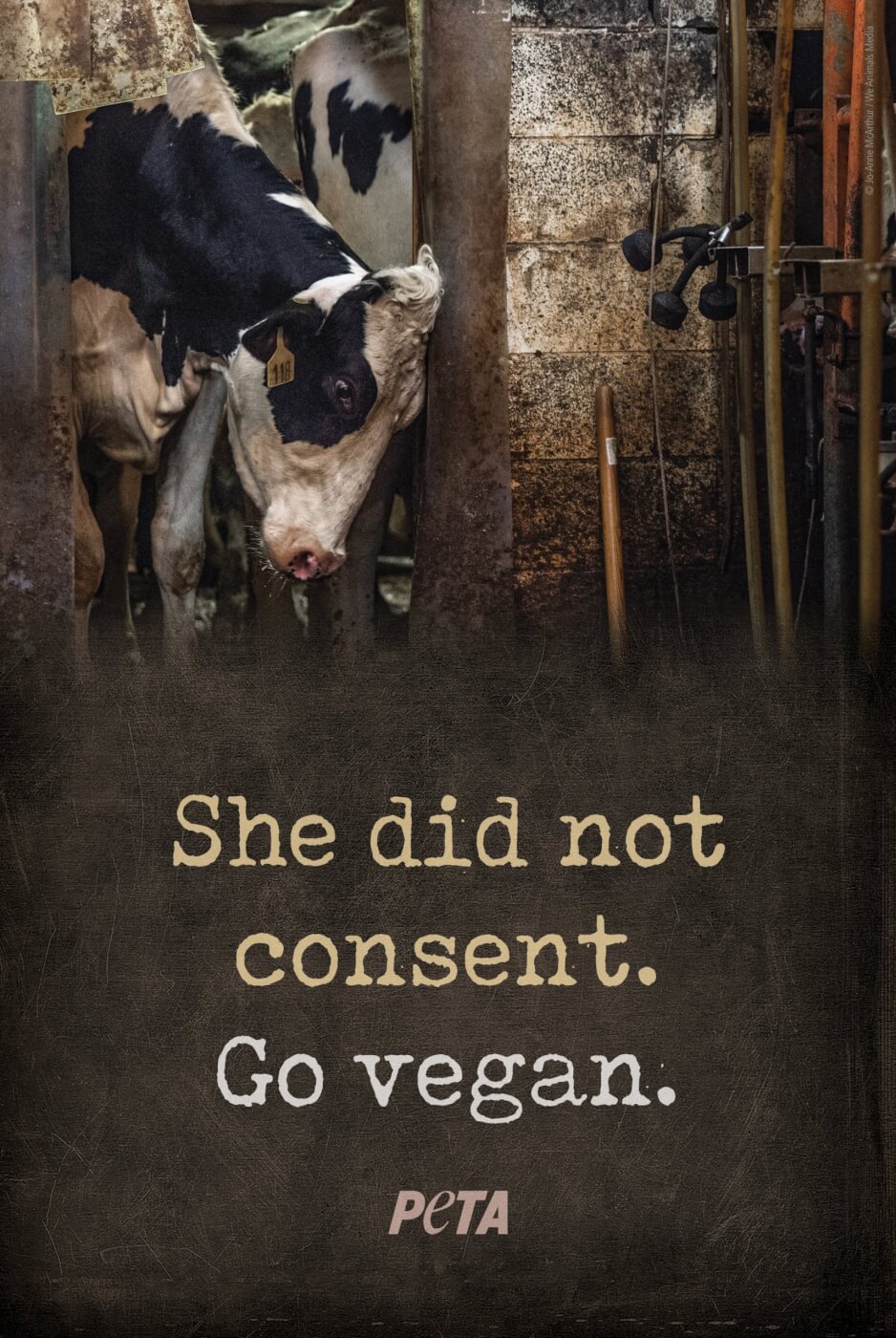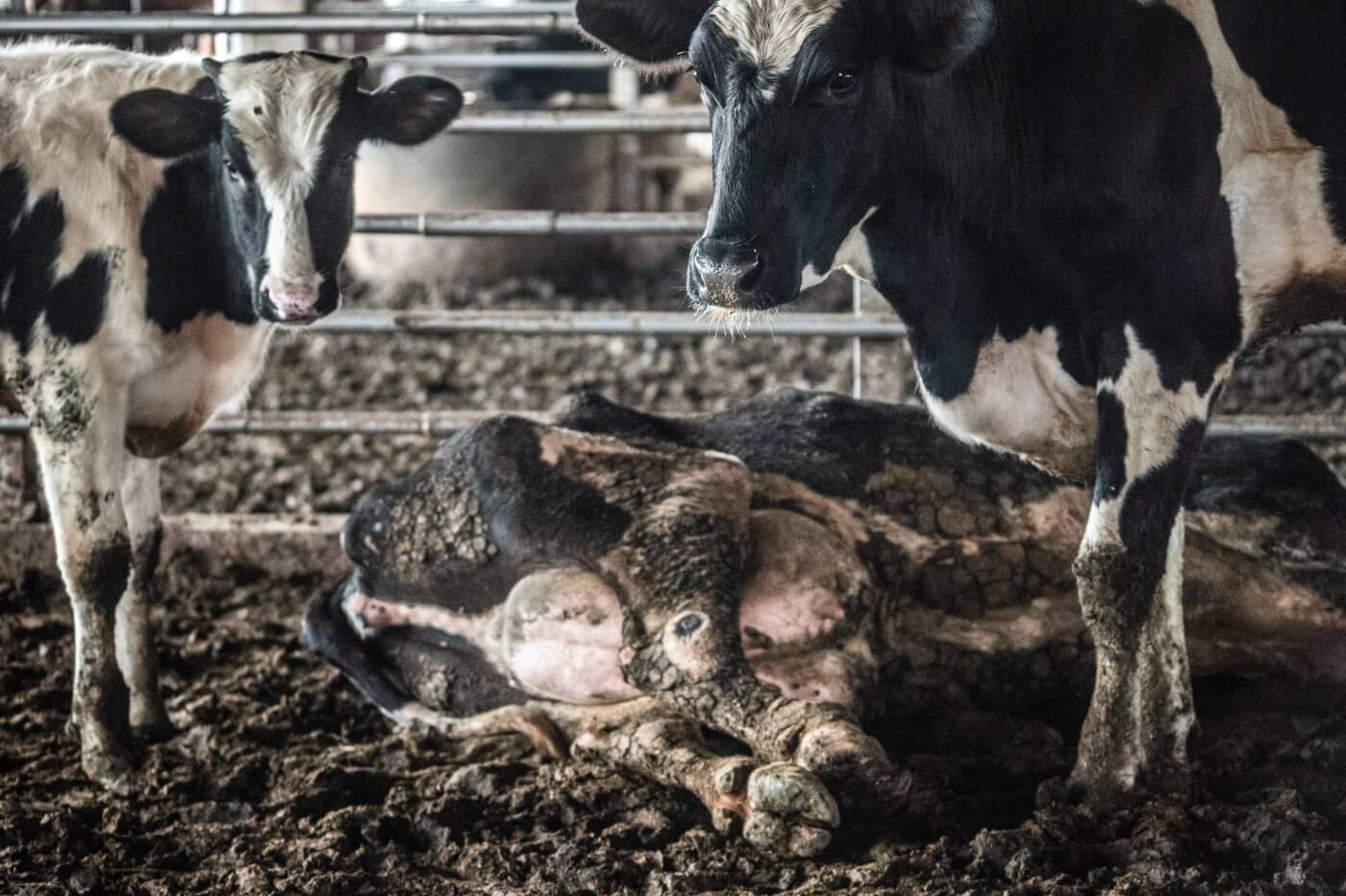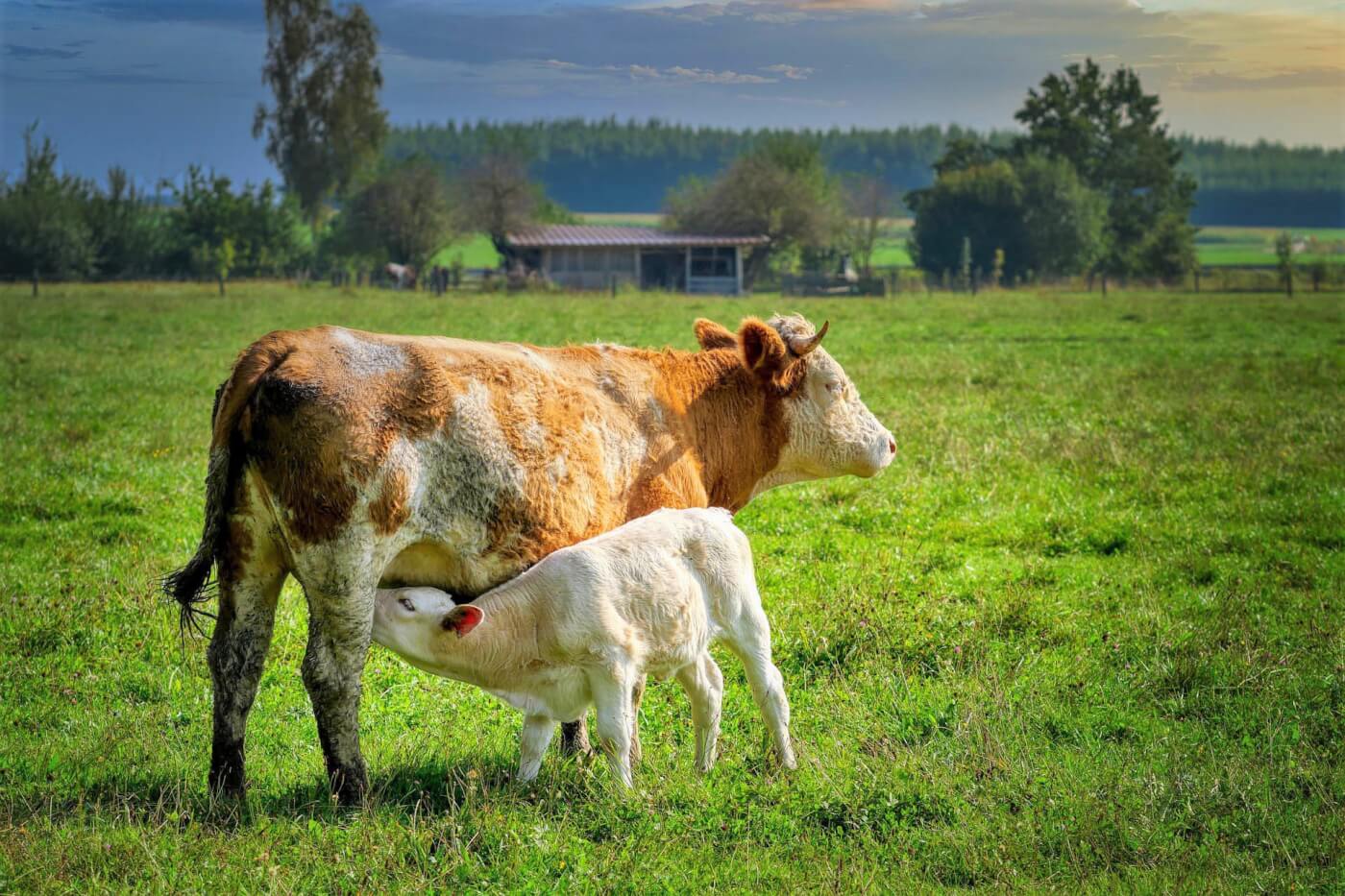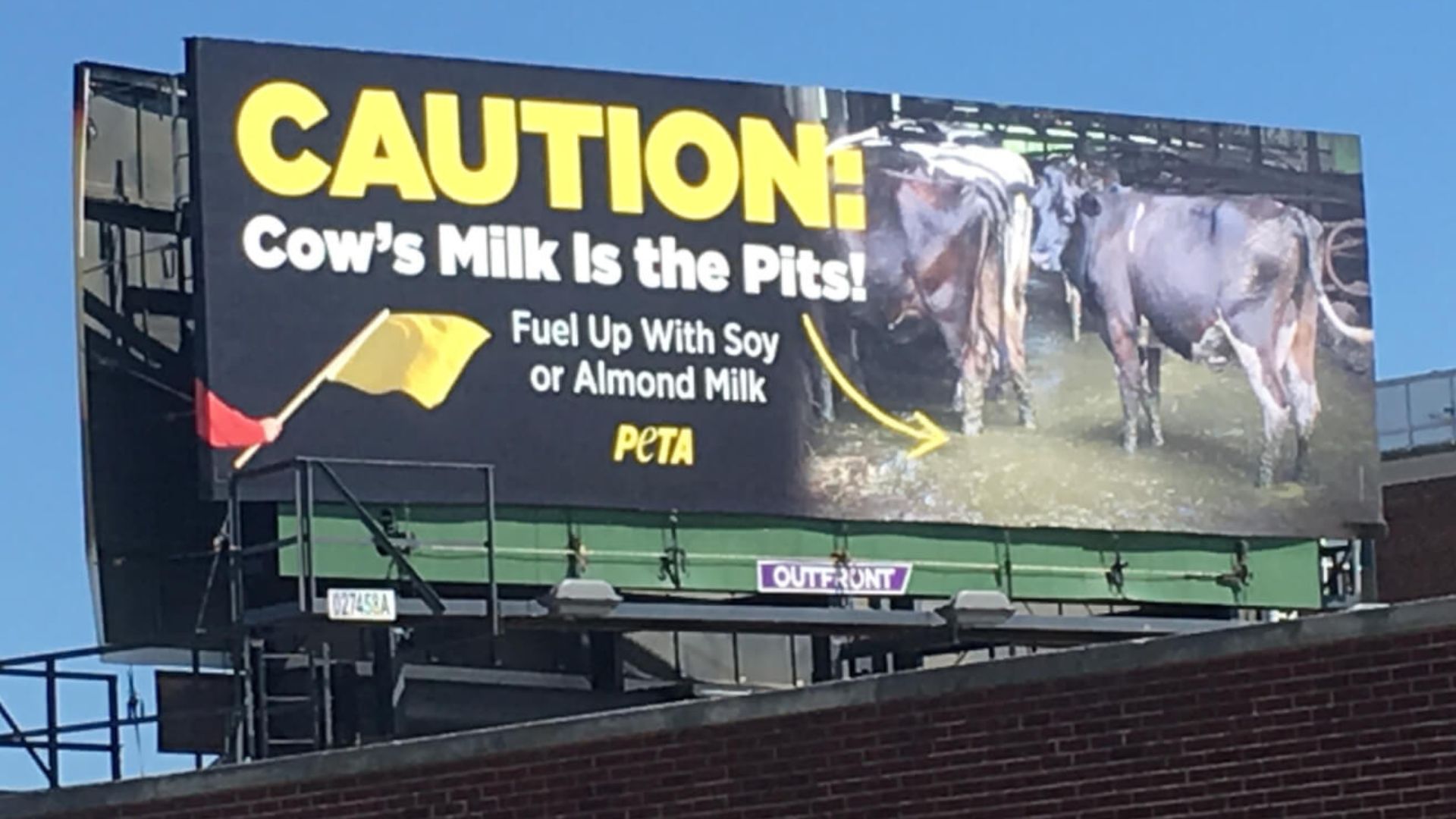Hey, Indy 500, How About Vegan Milk for Victory Lane? We’ll Even Toss In $10K
Gear up to get the Indy 500 milk chug to go vegan: PETA’s offering to match or exceed the $10,000 that the American Dairy Association Indiana Inc. pays the winner of the Indianapolis 500 to drink cow’s milk in Victory Lane if the bovine mammary secretions are replaced with delicious, widely available plant-milk varieties. We’ll even supply vegan milk for the teams.
Race Through the Reasons Why the Indy 500 Milk Gulp Should Go Vegan
This year, drivers are getting better protection with the addition of stronger rear-wheel tethers and higher, padded headrests. A move away from cow’s milk would do even more to protect their health. After all, cow’s milk is a leading allergen, and it increases a person’s chances of suffering from cancer, diabetes, heart disease, and strokes.
Of course, ditching dairy would also benefit the environment and countless living, feeling cows.

It’s absurd for humans to guzzle the baby food of a different species, and Indy 500 drivers shouldn’t be shamed into continuing a cruel tradition. Dairy milk consumption has been declining for years as conscientious consumers turn to healthier, tastier cruelty-free milks. Half of Americans now consume nondairy milk—with one-third drinking it at least weekly—and 65% of the world’s human population is lactose intolerant. The increased demand for vegan milk from those concerned about the abuse of animals, the environment, and their own health makes it clear that the Indy 500 needs to get in line with modern sentiments by ditching dairy.

Humans are the only species to drink animal milk beyond infancy and knowingly consume the milk of another species. Humans confine nearly all of the 10 million cows abused for their milk in the U.S. each year to cramped, filthy feedlots, where they’re forced to stand in their own waste on concrete flooring. Farmworkers forcibly impregnate cows and take their calves from them hours after birth. The babies either are killed for veal or will one day serve as replacements in the herd to be exploited for their milk. The cruel cycle of abuse goes on and on.

According to the United Nations, about a third of all human-caused greenhouse gas emissions are linked to food production, and the largest percentage of these gases come from the meat and dairy industries. Vegan foods—such as fruits and vegetables, whole grains, beans, peas, nuts, and lentils—require less energy, land, and water, and switching to plant-based foods helps drastically reduce humanity’s impact on the environment.

Percentages to Cause Pause and Get Your Compassion Engine Revving
Sometimes the most powerful way to put the brakes on a cruel custom is with a few percentages:
- Vegan diets have about a 44% less total impact on the environment compared to even a Mediterranean diet.
- Dairy consumption is down 20% among Gen Zers.
- Sixty-five percent of Gen Zers say they want to eat more plant-based foods.
- In 2021, 42% of households purchased plant-based milk.
- The same year, 76% of those who bought plant-based milk purchased it multiple times.

How You Can Help Cows and Fuel the Shift of the Indy 500 Milk Chug by Going Vegan
As PETA’s calling on the Indy 500 yet again to end the speciesist tradition of chugging cow’s milk in Victory Lane by switching to cruelty-free, healthy, and more planet-friendly vegan milk instead, you can shift into high gear to help cows by leaving dairy in the dust and going vegan:

